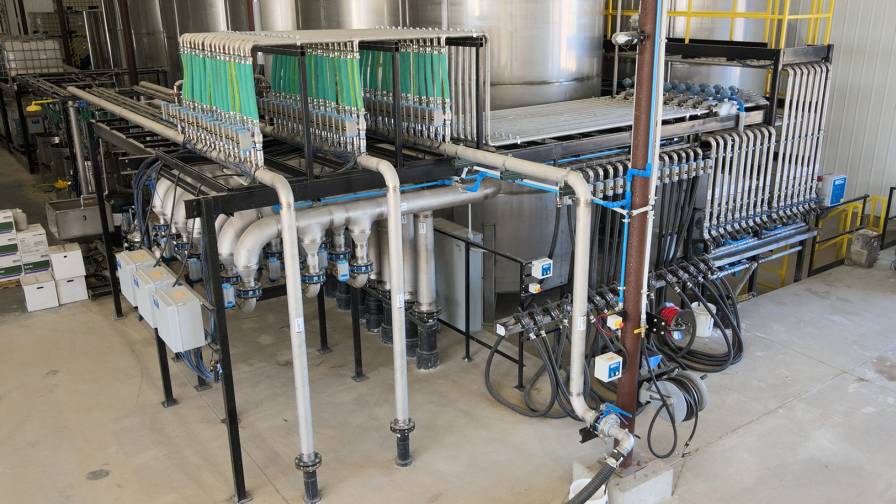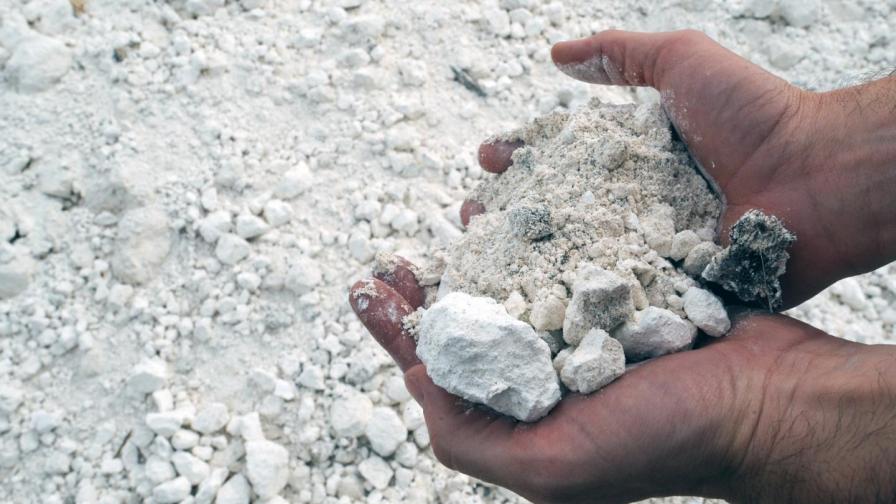The Importance of Agricultural Lime
Over time, most soils have a tendency to become more acidic due to a variety of factors such as erosion, leaching and decomposition of organic matter, according to an article on SouthernStates.com. This is an important concern for farmers everywhere because soils that become too acidic can have significant negative impacts on crop productivity.
Fortunately, farmers have access to a relatively simple solution that reduces soil acidity — ag lime applications.
Background
Ag Lime, or agricultural lime, is a soil conditioner made from crushed limestone or dolomitic limestone. Ag lime works by dissolving and releasing a base that lowers the acidity of the soil.
For crops growing in less-than-ideal acidity conditions, aglime can boost a farmer’s profit potential by providing a number of benefits, including improving fertilizer efficiency by as much as 50 percent.
Despite the advantage of ag lime applications, according to the International Plant Nutrition Institute, North American farmers apply less than one-third of the needed amount of the material. Why? Many growers may not know the true value of ag lime applications.
Benefits Of Agriculture Lime
Liming soils to prevent excess soil acidity (where it limits yields) is a best management practice. The proper use of lime is one of the most crucial components to a successful crop management program because excess acidity can severely limit both short-term and long-term soil productivity.
The benefits of ag lime include:
- Improving the physical, chemical and biological properties of the soil
- Promoting better nitrogen fixation by legumes
- Increasing the availability of nutrients to plants
- Reducing toxicities in the soil
- Enhancing the effectiveness of some herbicides
- Supplying calcium, magnesium and other minerals to crops
Read more at SouthernStates.com.






